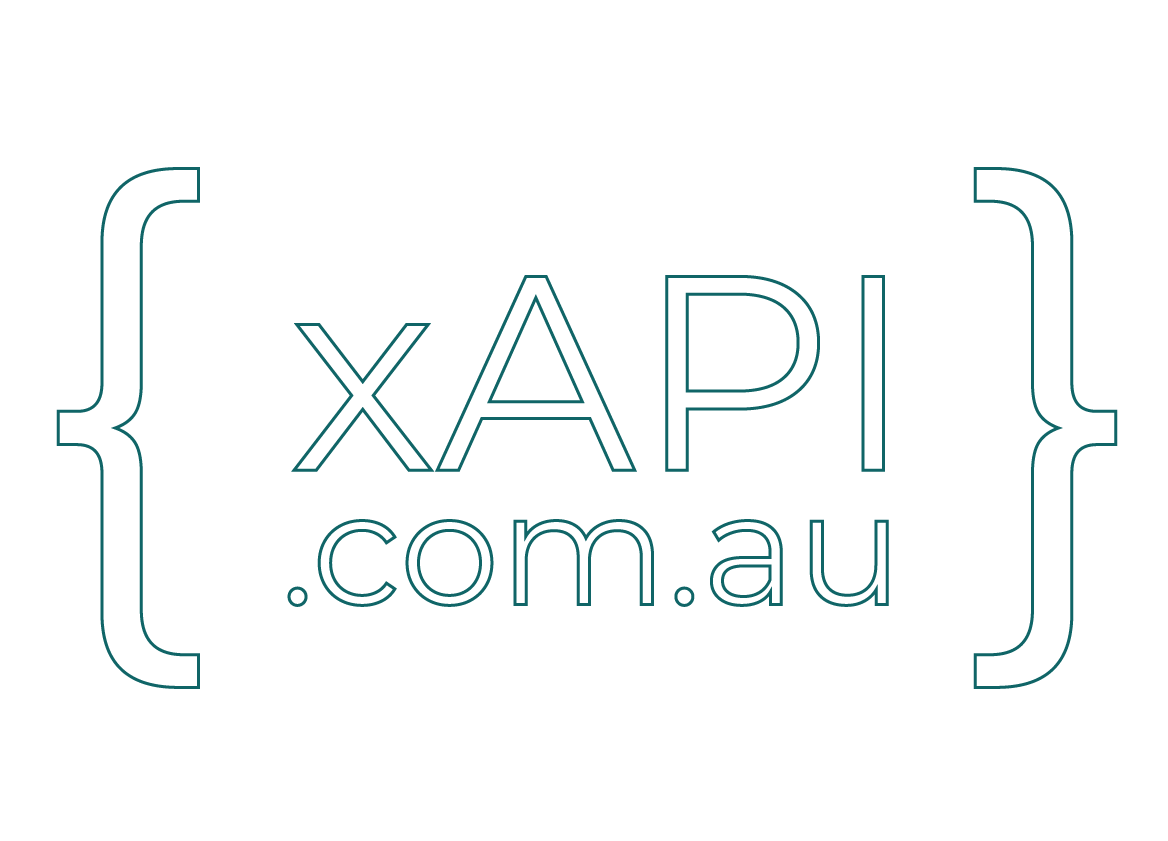
When I first launched xapiai.com, the goal was simple: give learning engineers and designers a quick way to query xAPI data and export it into useful formats like CSV or JSON. But like all good ecosystems, the site needed to evolve.
I’m excited to share thatI’ve made a few upgrades to xapiai.com and the are now.
✨ What’s New
1. Store Your LRS Details in Local Storage or Config file
No more typing in your LRS endpoint and credentials every time you run a query. The site now remembers your details locally (securely in your own browser), so you can jump straight into pulling data. Faster, smoother, less friction.
Or if downloading and using yourself, store you LRS connection details in a local config file
2. A Cleaner Interface
I’ve tidied things up so the interface feels lighter and easier to navigate. The focus is on running queries quickly, without unnecessary distractions.
3. Filter by Actor (Box or Name)
Sometimes you just need data for a specific learner or system. The new Actor filter lets you drill down by either the actor’s unique ID (box) or their display name—making it easier to get the exact subset of statements you’re after.
4. Generate AI-Ready JSON
This is one I’m especially excited about. Alongside CSV and raw xAPI, you can now generate an AI-reporting JSONfile that’s structured for direct upload to an AI agent. That means you can move from querying data to analyzing it with AI in just a couple of clicks.
🔎 Why It Matters
These updates aren’t just small tweaks—they streamline the workflow for anyone experimenting with xAPI data:
- Less setup time = more focus on insights.
- Cleaner interface = less cognitive load when running multiple queries.
- More flexible filters = better precision in your analysis.
- AI-ready export = a straight path into advanced reporting and learner analytics.
🌐 Explore the New Site
Head over to xapiai.com and try it out. Whether you’re pulling statements for compliance, research, or feeding data into AI, the new features are designed to make your job easier.
And as always—you can download the code and do with it what you want. Just remember to tip your hat to xapi.com.au for making it available. 😉
I’d love to hear your feedback: what works, what you’d like to see next, and how you’re using the tool in your learning ecosystems. Connect with me on LinkedIn or contact via the website
